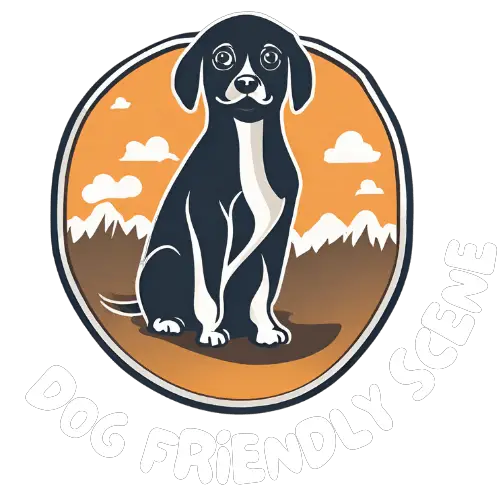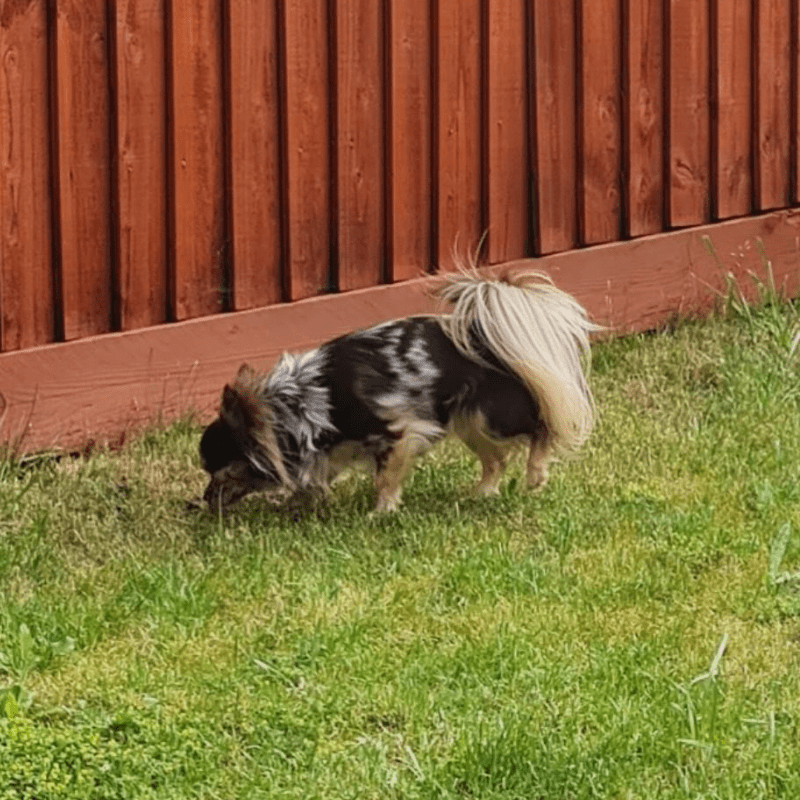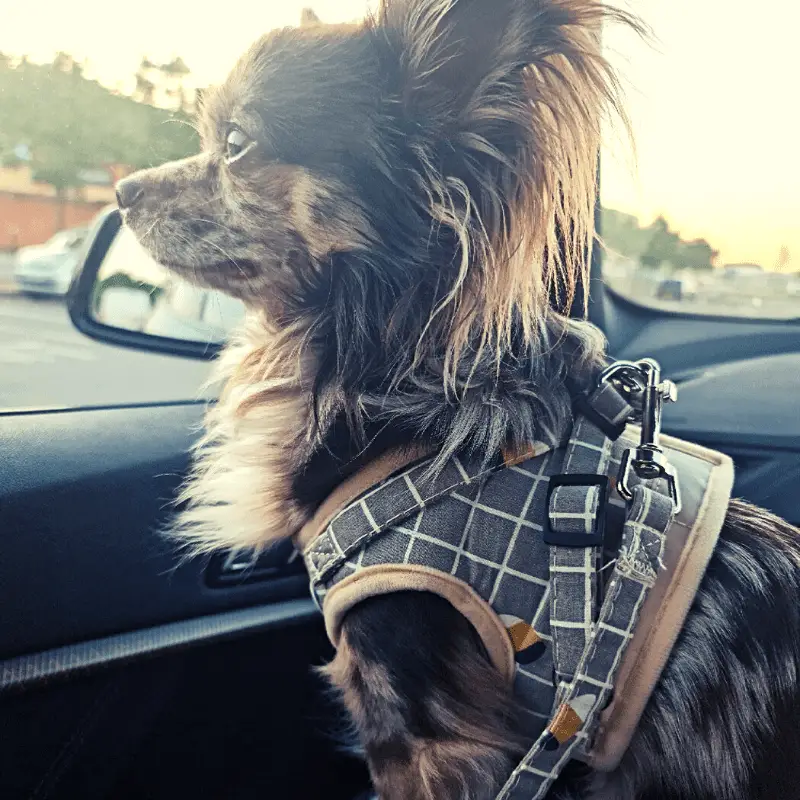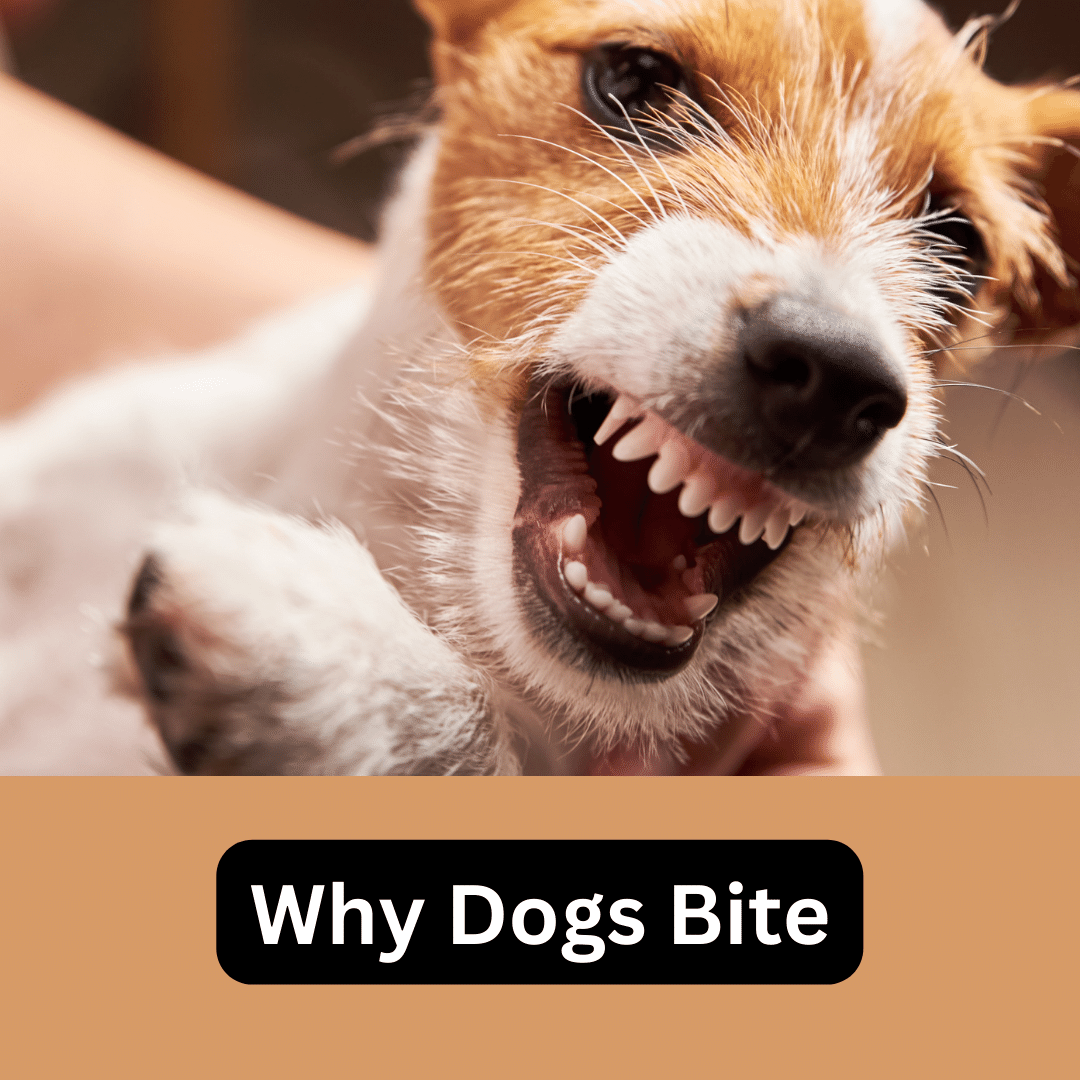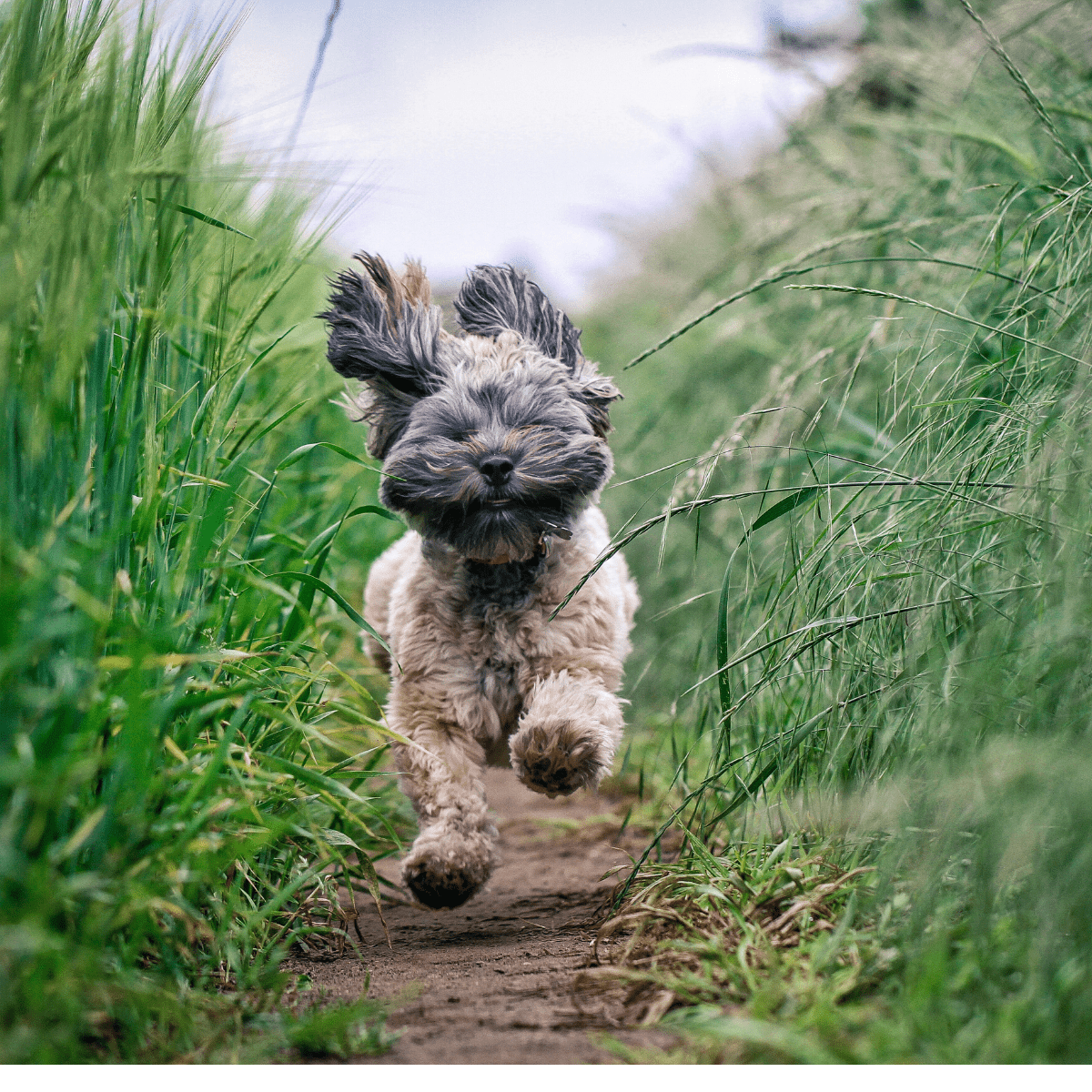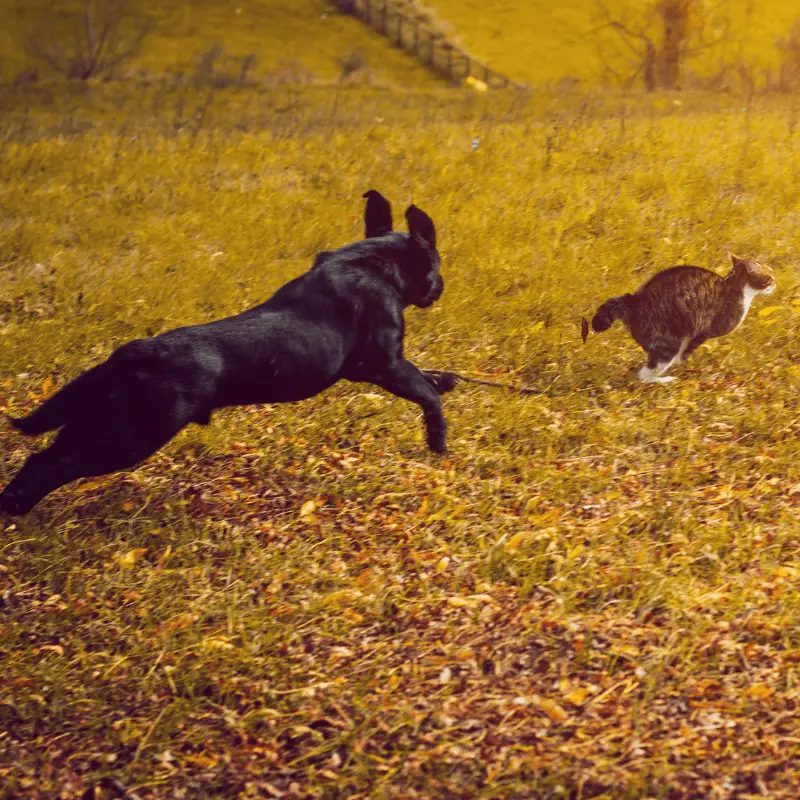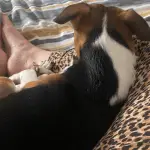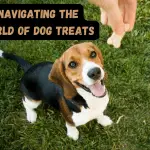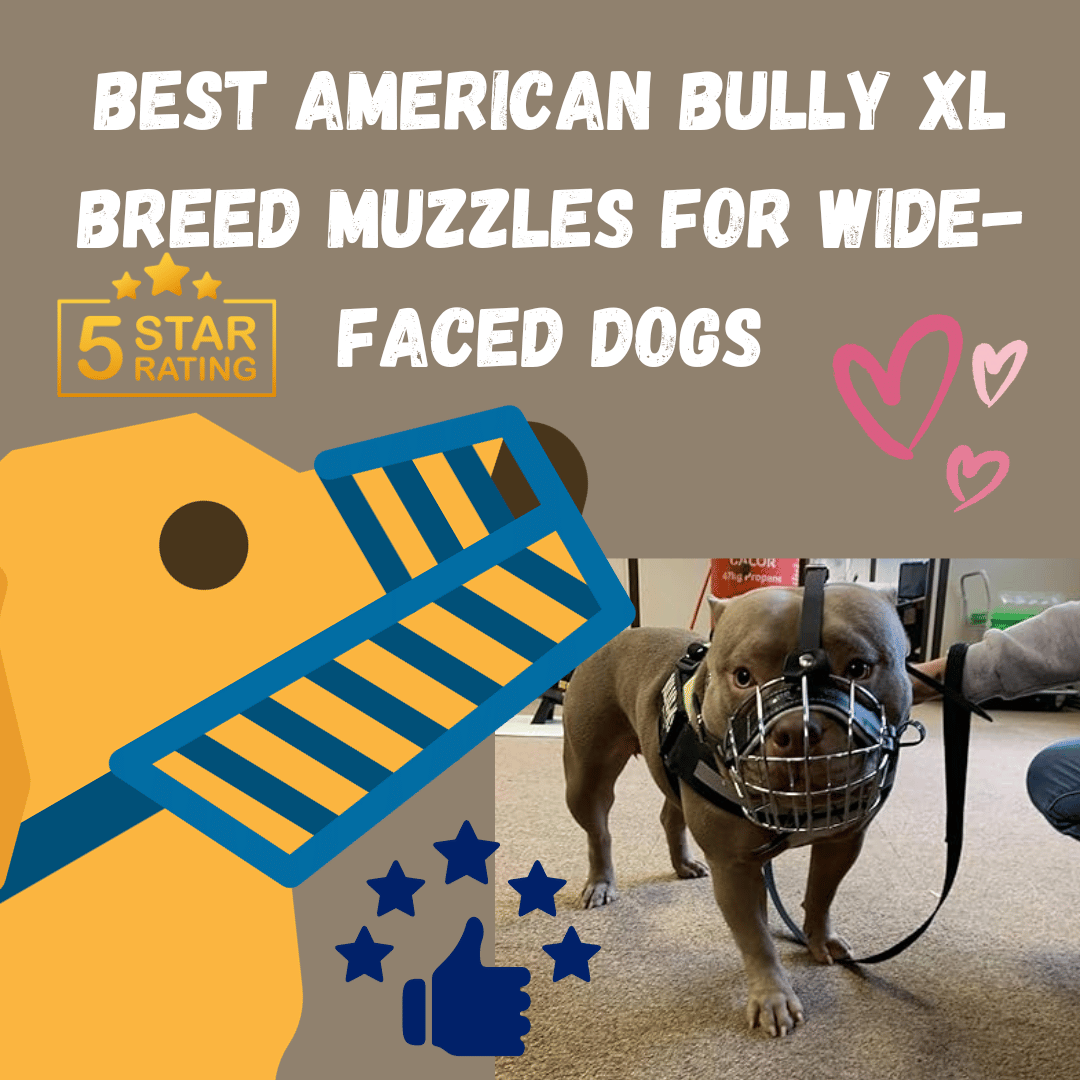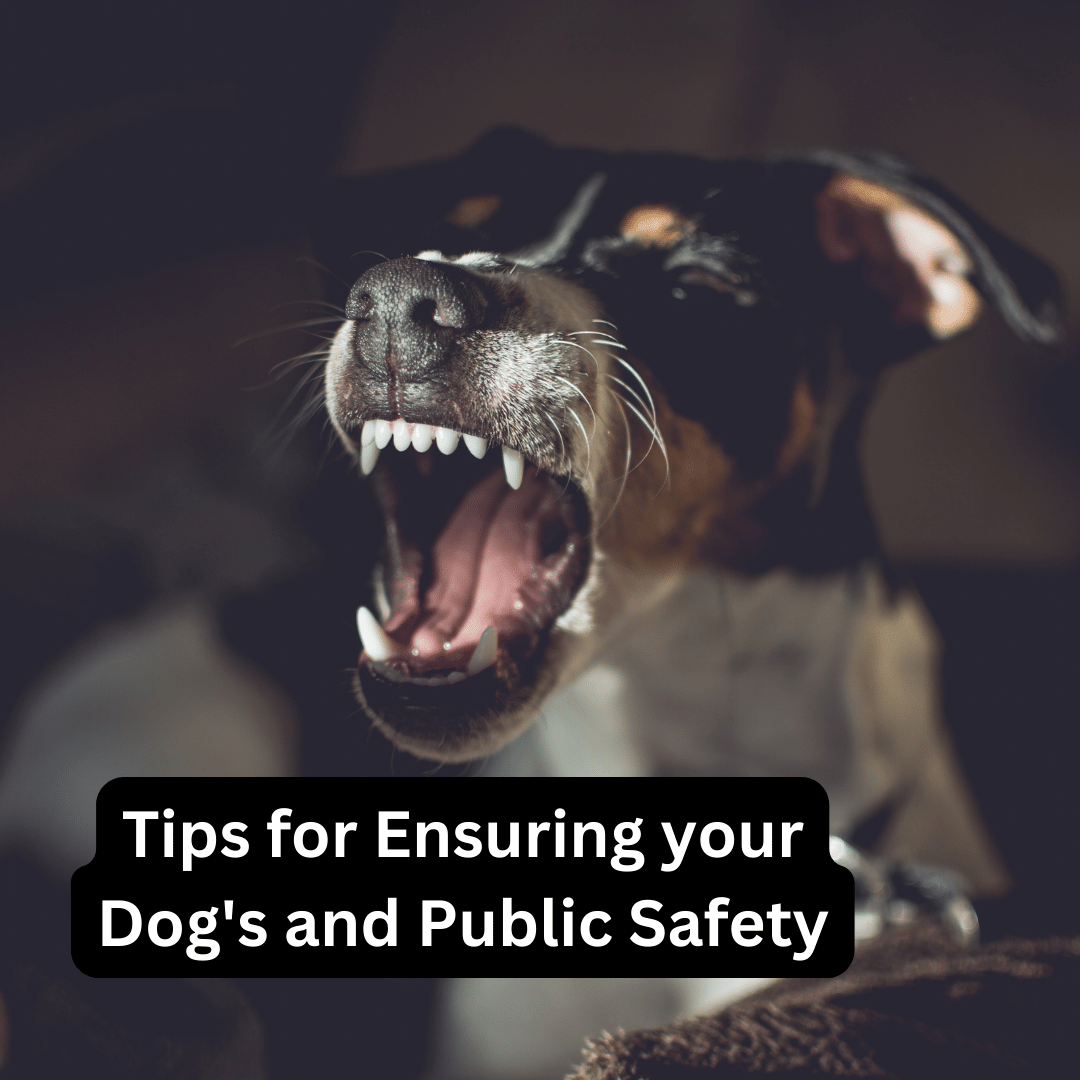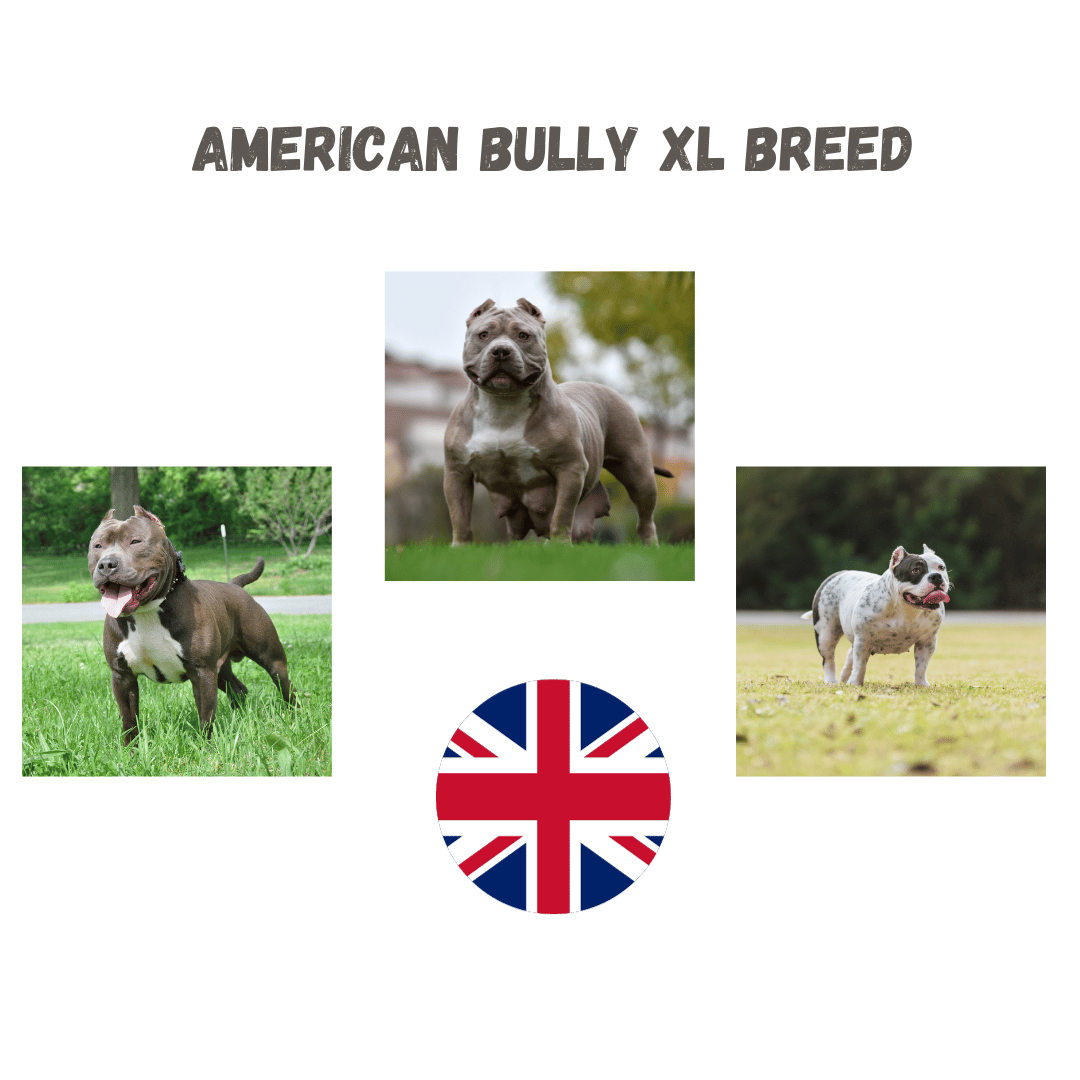Have you ever seen your dog munching on grass? Well, you are not alone. Many other dog owners have witnessed dogs eating grass aswell. However, have you ever questioned why dogs eat grass? Do they consume it to induce vomiting, or do they do it for other reasons? Concerned dog owners are often left scratching their heads to answer this simple question. Find out why my dog has recently eaten the grass and why I chose to let him eat it.
Wild and Domesticated Dogs
Dogs eating grass is quite a normal phenomenon, unlike dogs eating their own poop. This behaviour is observed in both domesticated dogs as well as wild ones. As grass is not poisonous to your dog, you should not worry too much about it.
Still, to clear all the confusion about the grass-eating habit of your dog, I will try to elaborate on various reasons for their behaviour in the following section of this article.
Is eating grass normal for dogs?
Yes, it’s normal for dogs to eat grass, even though your dog is not a cow or other types of cattle. You should not worry if you find them eating grass now and then.
The Technical Term
The technical term for eating things that are not a natural food source is called Pica. Sometimes it indicates that your dog suffers from a nutritional deficiency or behaviour problem. Other times, it can simply be a sign of boredom. Most of the time puppies munch on the grass to keep their minds occupied and through learning.
While some dogs vomit or pass stools quickly after munching on grass, others do not. The majority of dogs dont show any physical symptoms after consuming grass. They do not show any signs of stomach upset even before eating the grass. That indicates the fact that the grass-eating habits of the dogs are not directly related to inducing vomiting or passing stools. So, the question is, why do they do it?
6 Reasons Why Dogs Eat Grass
1. Tastes Good
While it may sound a bit unbelievable to human ears, dogs may find grass to be tasty. Especially when it comes to green, young and tender grass, your dog may also love grass texture, which is pleasurably different from canned food or dry kibble they usually have in their food bowls. Even though your dog gets the recommended portion of food daily and treats, they still have that biological instinct to scavenge for food. So when you let them run around the garden or the neighbourhood Park the fragrant and flavourful blades of grass just might temp them.
2. Boredom
Sometimes, while playing in the garden, your dog will munch on the grass to pass the time. This incident occurs if there are no squirrels, birds or other dogs to taunt them and their human companions are busy working inside the house. Your dog may also consume grass if they think that it will seek your attention. In other cases, the dog needs something to keep its mind busy, and munching on grass seems to be a good solution.
3. Missing Nutritional Needs
Eating grass may indicate that a dog suffers from nutritional deficiencies. It’s an excellent source of fibre, and dogs consume grass to ensure that their bodily function runs without any problems.
4. Upset Stomach Issues
Dogs sometimes eat grass to induce vomiting. By inducing vomiting, they relieve the problems of an upset stomach. The evolutionary behaviour that the dogs of today still manifest.
5. Help To Pass Stools
Dogs can feel when they are having trouble going to the toilet and eating grass, and it can provide them with fibre and some roughage to push through any simple blockages.
6. Dietary Choice
As we have mentioned earlier, grass contains a lot of fibre. So sometimes, a dog would eat grass because they require more fibre in their diet. If you notice that your dog keeps eating grass right after a meal, the reason may be that the dog is not getting enough daily fibre from the diet. The grass gives your dog the required fibre that it needs to process its food properly. If you suspect this, simply changing dog food may help you stop the grass-eating behaviour.
Ancient Wild Dogs
The ancient wild dogs used to eat grass when they experienced stomach troubles. The blades of grass irritated their stomach lining, which made them heave up both the grass and the offending dietary element. The modern dog still carries on this instinctual behaviour and uses grass to self-medicate.
Why My Dog Ate Grass
My dog is 14 months old and hadn’t eaten grass until the other day. I knew something was wrong with his stomach through not wanting to eat any of his food. He was a bit down and not wanting to move as much as he usually likes. So, I let him out in the garden. Only to find he started eating the grass. I know that ancient wild dogs would self-medicate using grass, and I think this was certainly the case with my dog. As per the video below, you can tell he is on a mission to eat it, and he even ignores me!
Albert Eating The Grass (I Do Not Stop Him)
About 3 hours later, he passed a stool with some bits in it. They look to be part of a toy. I believe that he ate the grass to pass these through easily. This is what he pooped out. As you can see, the grass has done its job.
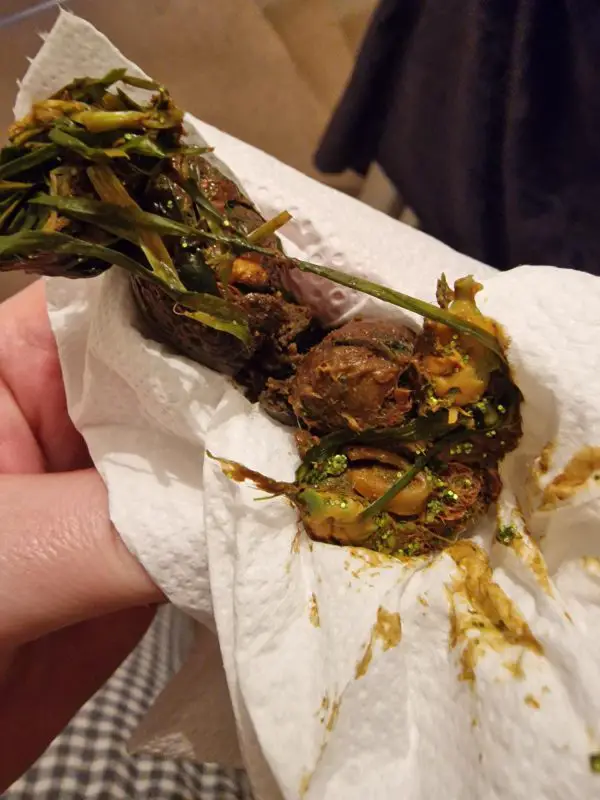
When to be Concerned
More than likely, you are reading this article because your dog is showing grass-eating behaviour, and you want to stop it. If that is the case, then you should take the following approach.
The most important thing is to keep an eye on your dog’s behaviour. If your dog munches on grass, vomits or poops and returns to its usual self, there is probably nothing to worry about.
However, something could be wrong if your dog keeps eating grass excessively and vomiting. In this case, you should change your dog’s food.
If changing your dog’s food doesn’t discourage your dog from eating grass, you should contact your vet. The veterinarian will check the stomach area, run some tests and check the list of medications if your dog takes any to determine there aren’t any stomach problems.
If you have a teething puppy at your house, you should monitor its behaviour strictly. Puppies love to munch on grass, leaves, sticks, and different other objects through learning, all of which can create a blockage in their stomach.
Should I stop my dog from consuming grass?
It depends on the situation; puppies definitely, yes. It would be best to distract your puppy from eating grass. If the grass is clean and your dog is doing this as a one-off, like my dog, it may help them pass a stool with a foreign object in.
Best Practices When Allowing Your Dog To Eat Grass
- Clean grass only, preferably in your garden, so you know the history of the grass. Park grass could have been sprayed with toxic chemicals.
- Adult dogs only; puppies haven’t yet got to the age to know or understand the medical help grass can offer a dog. So you know they are just doing it for fun.
- Monitor your dog after consumption, and prepare for vomit or passing of stools.
Recap
Grass in itself is not bad for your dog. In my dog’s case, it helped him pass his stool with hard lumps of dog toys. Remember, puppies should not be eating grass; only over one year old would a dog know to eat grass to self-medicate. I know this because my dog had had toys in his poop before but never ate the grass. He is 14 months old, and I believe he knows that grass can help him! However, If a dog is constantly eating grass daily, you should change its food for a more nutritious dog food brand.
